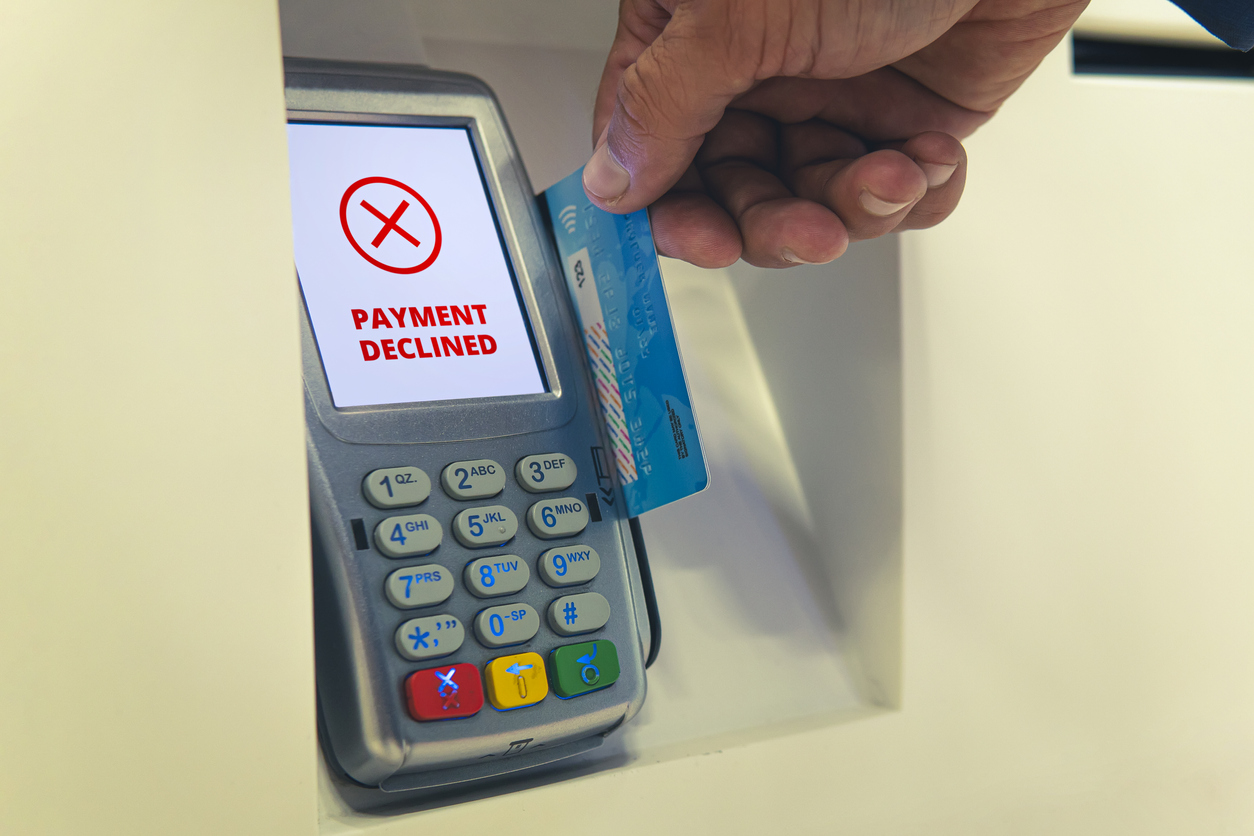Mexican fintech Kueski announced a partnership with Amazon to offer BNPL on its marketplace, a first for the retail giant in Mexico.
With a surge in subscription declines what is a consumer subscription business or a SaaS platform to do? There are steps you can take to decrease losses.
Late yesterday, we heard the news that Onfido, a pioneer in ID verification used by banks and fintechs all over the world, is going to be acquired by Entrust, a diversified security and verification company.
Sift’s Fraud Industry Benchmarking Resource (FIBR) lets fraud professionals see how their business’ security tools stack up against the competition.
F-Prime released their latest State of Fintech report and it shows an industry back on the upswing but with still a lot of work to do.
Payment by bank account is a functionality that has existed for more than a decade in many countries. But it is still a relatively new phenomenon in the U.S.
Embedded finance and buy now, pay later (BNPL) are hotbeds of innovation, and Marqeta is in the middle of the action, CEO Simon Khalaf said.
Financial institutions have access to a vast amount of customer data, including account information, transaction history, and credit scores. However, much of that data is siloed by different payment platforms and networks and out of reach when fraud teams need it most. Banks can address this data drought problem by finding ways to modernize their tech stack, getting creative with existing rails, and leaning on providers to gain scale.
It was three ago last week when LendingClub closed its acquisition of Radius Bank. At that time LendingClub entered into an operating agreement with the OCC that imposed capital restraints and growth limits on the fintech pioneer.
Javier Milei's deregulation agenda raises hopes in the sector, with rental contracts settled in crypto. But the economy remains in dire shape.











